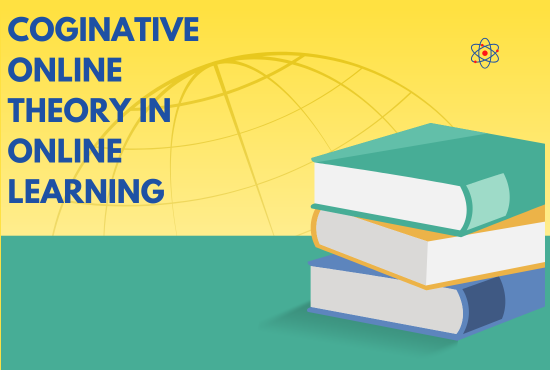“The Role of Artificial Intelligence in Modern Education”
Updated: 04 Jul 2025
Role Of Artificial Intelligence
The job of Man-made consciousness (computer based intelligence) in present day schooling is quickly growing, changing customary learning techniques and setting out new open doors for the two educators and understudies. This is the way computer based intelligence is affecting training today:
1. Personalized Learning
Computer based intelligence helps tailor opportunities for growth to the singular requirements of understudies. By investigating information on understudy execution, man-made intelligence frameworks can suggest tweaked content, recommend concentrate on ways, and give continuous criticism. This personalization helps address learning holes, guarantee authority of themes, and advance better commitment.
2. Intelligent Coaching Frameworks (ITS)
Artificial intelligence fueled coaching frameworks, for example, chatbots and virtual guides, can help understudies in their learning beyond customary study hall hours. These frameworks can offer clarifications, answer questions, and guide students through complex themes, making learning more available. Instruments like Khan Foundation’s computer based intelligence driven highlights are instances of how this is applied.
3. Automation of Regulatory Tasks
Computer based intelligence can smooth out regulatory undertakings, like evaluating tasks, booking, and following understudy progress. This permits instructors to invest more energy communicating with understudies and zeroing in on educating as opposed to regulatory work. Robotized reviewing frameworks likewise give moment input, which is significant for the two understudies and instructors.
4. Enhancing Educator Support
Man-made intelligence instruments can uphold instructors by giving experiences into homeroom elements and distinguishing understudies who might require extra help. It can likewise aid educational program arranging by breaking down patterns in understudy execution, giving suggestions to further developing showing techniques, and recognizing which showing materials work best.
5. Adaptive Learning Platforms
Simulated intelligence based versatile learning stages can change the trouble level of content in light of an understudy’s advancement. For instance, stages like DreamBox Learning and Brilliant Sparrow alter illustrations progressively, assisting understudies with learning at their own speed while keeping them tested yet not overpowered.
6. Predictive Analytics
Computer based intelligence in training can be utilized to foresee understudy results by examining verifiable information. This can assist with distinguishing understudies in danger of falling behind or exiting, empowering early mediations. Organizations can utilize these bits of knowledge to offer designated help to further develop degrees of consistency and graduation achievement.
7. Virtual and Increased Reality (VR/AR)
Computer based intelligence incorporated with VR/AR innovations is changing the manner in which understudies experience learning. These vivid conditions can mimic genuine situations, making unique or complex ideas more straightforward to get a handle on. For instance, clinical understudies can rehearse medical procedures in virtual conditions, or history understudies can encounter authentic occasions firsthand.
8. Language Learning Assistance
Simulated intelligence fueled language learning applications, as Duolingo, use AI to adjust examples in light of the client’s capability. These applications further develop jargon, sentence structure, and articulation, giving continuous criticism that upgrades language obtaining.
9. Access to Worldwide Learning Resources
Computer based intelligence permits understudies to get to a wide cluster of gaining materials from around the world. AI calculations suggest books, articles, and courses in light of understudy interests and scholarly necessities, which can significantly extend admittance to information and learning amazing open doors, particularly for those in remote or underserved regions.
10. Ethical and Social Implications
While man-made intelligence in training brings various advantages, it additionally raises moral worries, like information protection, predisposition in calculations, and the potential for work relocation among teachers. It’s pivotal to address these difficulties and guarantee that computer based intelligence apparatuses are utilized morally and dependably, with shields set up to safeguard understudy information and advance fair access.
11. Collaboration and Communication
Man-made intelligence apparatuses work with better correspondence and coordinated effort among understudies and among understudies and instructors. Stages fueled by man-made intelligence empower consistent correspondence through chatbots, menial helpers, and cooperative advanced instruments, making learning more intuitive and associated.
End:
Man-made intelligence in schooling is changing the conventional scene by offering custom fitted opportunities for growth, supporting educators, and further developing effectiveness. As man-made intelligence keeps on developing, it holds the possibility to reshape how instruction is conveyed, making learning more customized, available, and productive. Be that as it may, tending to the moral and cultural difficulties will be fundamental in guaranteeing simulated intelligence helps all students similarly.





